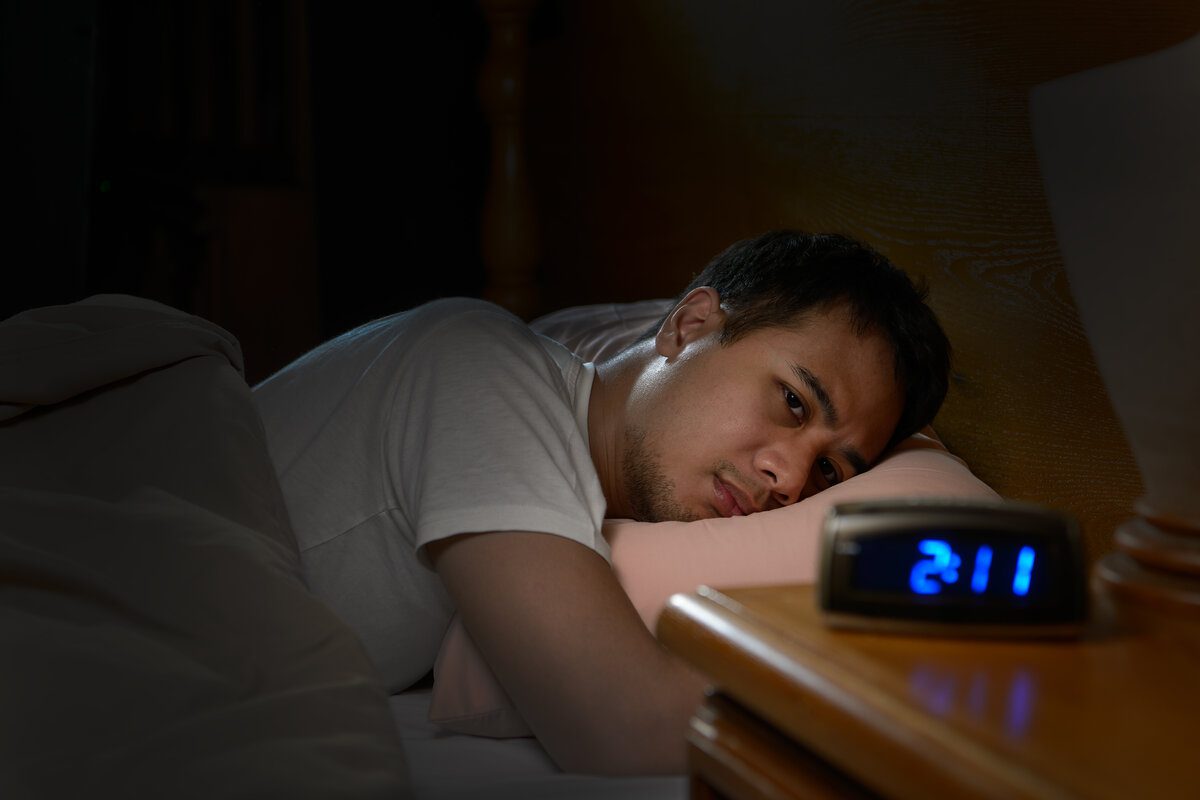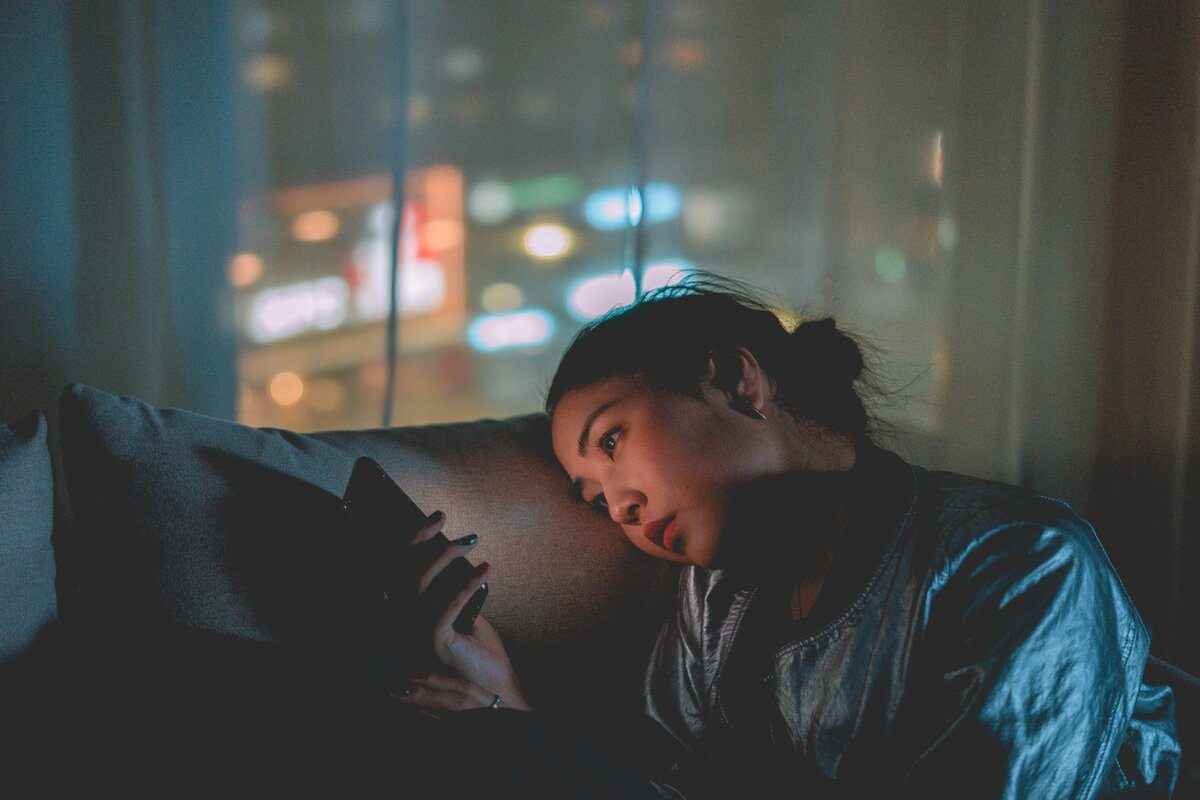With increasing studies showing that better sleep can lead to faster speeds, many runners now rely on their GPS watches’ sleep trackers for insights into how well they sleep. However, a recent study suggests that the use of sleep trackers may have the opposite effect, leading to orthosomnia–an unhealthy obsession with getting perfect sleep.
The Study
For the study, reported in Brain Sciences, researchers obtained self-reported responses from 951 participants of the 2016 London Marathon. They found that, while middle-aged marathoners (age 40-64) reported worse sleep health (the ability to successfully interact with the demands of the environment and get sufficient sleep), young marathoners (age 18-39) reported taking longer to fall asleep. Of these younger marathoners, the majority reported using sleep-monitoring devices before bed and having worse sleep satisfaction and longer marathon completion times. In other words, young marathoners inadvertently worsen their sleep and marathon performance when they use sleep-tracking technology.

Outcomes on performance
This builds on previous research on orthosomnia, which can have severe implications for marathon performance. Those suffering from orthosomnia can experience difficulty falling asleep, frequent awakenings, and a range of emotional and cognitive symptoms such as anger, despair, stress, and anxiety. When these symptoms restrict runners from getting quality shut-eye, it can negatively affect their fatigue, heart rate, speed and overall well-being.
Additionally, while informative, sleep-monitoring devices lead marathoners to focus too much on meeting optimal sleep metrics rather than adopting a more balanced and individualized approach to improving their sleep. Unfortunately, for sleep tracker users, the irony is thick: what is an attempt to enhance and maximize sleep has the exact opposite outcome.

An imperfect approach
The study also reports that “it is also possible that the utilized devices were providing inaccurate estimations of sleep quantity and quality, which could have negatively biased these marathoners’ perceptions of sleep quality.”
This suggests that users should be mindful of what they’re learning regarding their sleep health. It concludes that it is not uncommon for runners to have trouble falling asleep, particularly after a workout. Still, the study recommends trying different approaches that work for you rather than fixating on numbers generated from a smartphone or watch.
It’s important to remember that getting the right amount and the best kind of sleep is critical for marathoners at any level. But, when you start striving for perfection, that is when your goals can often backfire.

